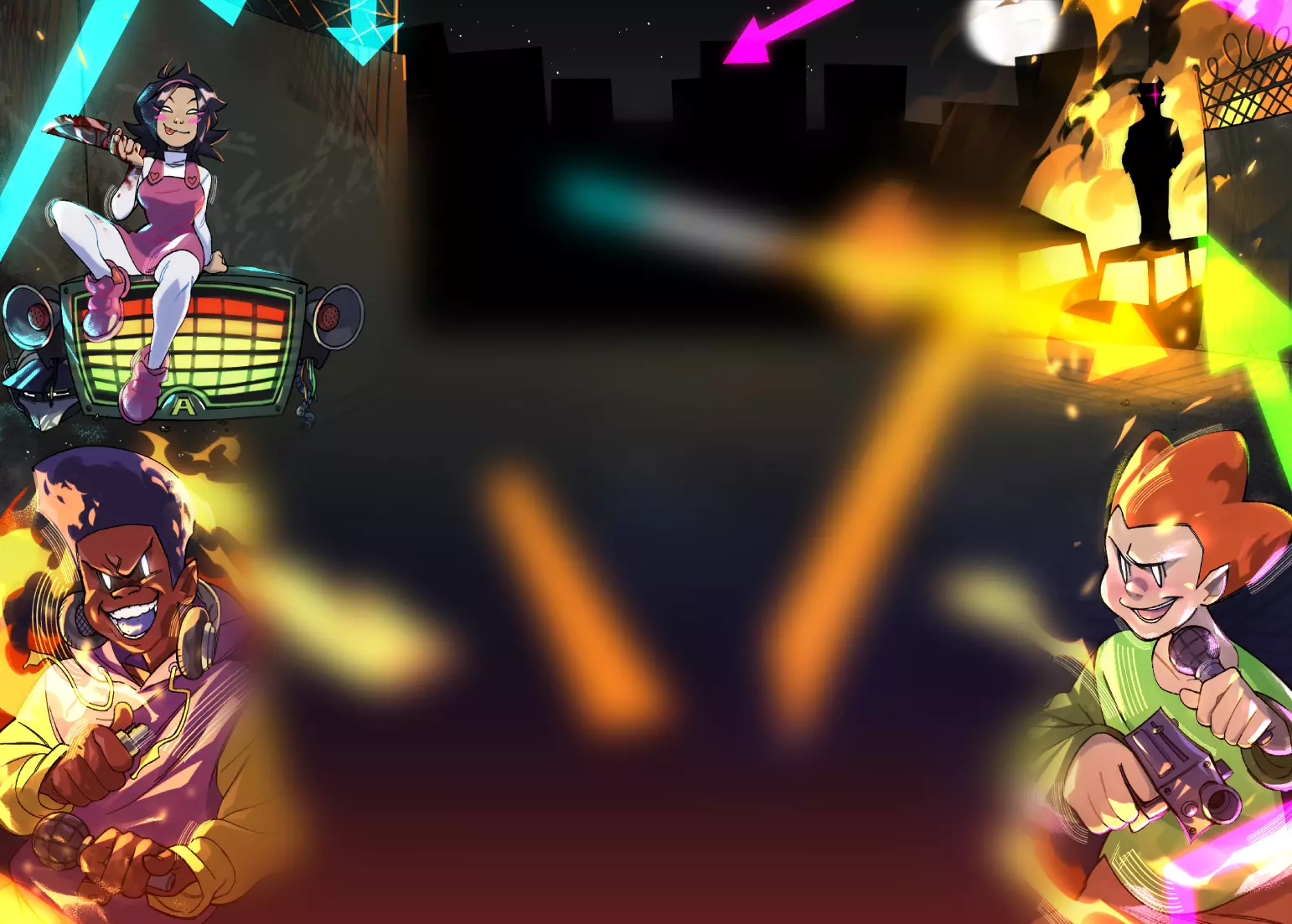Ever listened to an anime opening/Or a video game soundtrack...Your you just so happen to be a fan of jpop/jrock or you listened to city pop, So and so fourth.
Don't you theres a whole weird difference in music when it comes to japanese music? Harmony and everything seem much more unique, Its as if it uses a different version of the theory when it comes to the usual theory.
I was always interested in this, Listening to dragon quest's soundtrack, you can feel there is this theme or tune that most japanese music have, Or an anime opening like naruto's opening, Or any jrock song from a musician like HYDE or bands like x japan or luna sea.
They all have a much more different harmony and notes with that of western music, I wonder how can a thing like that be achieved? Been practicing on my keyboard (Or piano...:/) And I wanna achieve that type of harmony and tone most japanese music form
The only time I have seen it be used by western musicians, Is through an obscure genre of digital fusion which is why I love it, I really I wanna achieve that.
So is there like a whole music theory for this in the first place? And how can one achieve it?
Bonus:Been meaning to wonder if any other western musician managed to make music similar to one that japan does
Kill for the sake of killing, Let there be blood! LET THERE BE GENOCIDE! (Hi Btw Did you know that I am a old NG user from 2013? Its true! Click on this link, For this is a new account of mine!)



